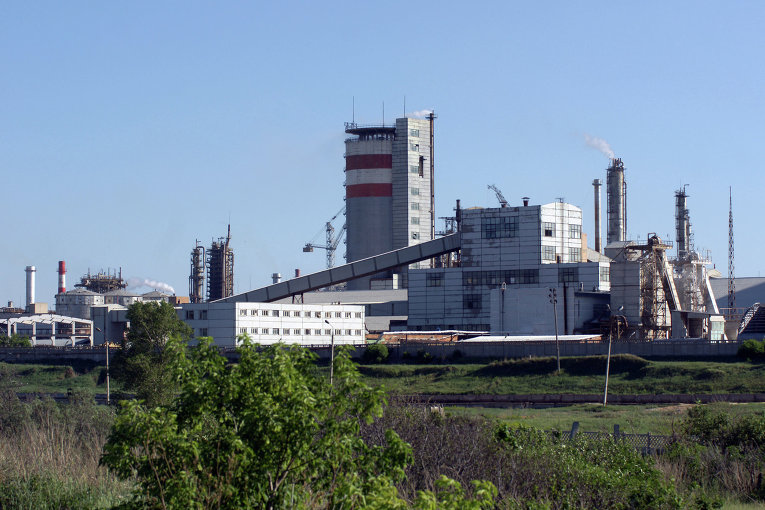MOSCOW, December 3 (RAPSI) - The Samara Regional Court has upheld the conviction of Togliattiazot co-owners Vladimir and Sergey Makhlai, former plant general director Yevgeny Korolev, as well as their Swiss partners Andreas Zivy and Beat Ruprecht.
The defense of the convicts appealed to the regional court against the decision of Togliatti’s Komsomolsky District Court dated July 5.
The district court found them guilty of fraud committed by an organized group on an especially large scale (Article 159.4 of the Criminal Code of the Russian Federation). The court sentenced Vladimir Makhlai, his son and Sergey and Andreas Zivy to 9 years in a penal colony each; Korolev and Ruprecht received 8.5 years in a penal colony each and a fine.
Since all the defendants remain abroad, the judgement was issued in absentia.
The court also granted civil claims brought by Uralchem, a minority shareholder of TOAZ recognized as one of the victims in the case, against a group of 20 individuals and legal entities for more than 10 billion rubles ($156 million at the current exchange rate) as compensation for damage to Uralchem as a shareholder of the plant and 77 billion rubles as compensation for damage to TOAZ itself.
Uralchem Legal Director Dmitry Tatyanin finds the appeal ruling of the Samara Regional Court to be lawful, reasonable and fair. “We hope that the compensation of multi-billion-dollar damage will most favorably affect the future activities of Togliattiazot and that the court decision will stop funds embezzlement from the plant and the illegally withdrawn assets will be returned to the enterprise.”
The most urgent task facing the enterprise is the implementation of measures aimed at ensuring industrial safety of production. Depreciated fixed assets and plant infrastructure require substantial investment. According to media reports, a recently completed industrial safety audit of the plant revealed many gross violations that pose a real threat to human life and health. It is to solve the problem that an urgent allocation of financial resources is required.
The next task should be the implementation of a comprehensive and consistent program of production modernization and development. Significant financial resources are needed for the reconstruction and upgrade of almost all urea and ammonia units, repair of the gas distribution system, the completion of the third urea unit, and the development of logistics facilities.
A minority shareholder of Togliattiazot, Uralchem is also interested in these investments in the enterprise. They may result in an increase in production and sales, and, therefore, an improvement of financial indicators, Tatyanin noted.
The investigation established that in 2007 the president of Togliattiazot Corporation Vladimir Makhlai together with his son Sergey, who was then vice president of the company, created an organized criminal group to systematically steal the company's products (ammonia and urea) using their official positions. For this purpose, Togliattiazot opened domestic and foreign currency accounts in Togliattikhimbank 100% owned by Sergey Makhlai, which received proceeds from the sale of products to the Swiss offshore company Nitrochem Distribution AG chaired by Beat Ruprecht and owned by Andreas Zivy’s Ameropa AG. Part of the profit remained at the defendants’ disposal and never returned to TOAZ. Moreover, in order not to pay taxes, the price of products was significantly underestimated. Thus, Vladimir and Sergey Makhlais, Zivy, and Ruprecht stole about 85 billion rubles belonging to TOAZ and its shareholders. During the trial, the facts of affiliation between TOAZ, Nitrochem Distribution AG and Ameropa AG were fully proven.
Holding executive positions at the enterprise, the former general director of TOAZ Yevgeny Korolev facilitated preparation and execution of financial reports with knowingly false information, as well as the drafting and execution on behalf of TOAZ of contracts for the products supply and additional agreements thereto with prices for products below the market level. For this, he received part of the illegally obtained proceeds of the criminal group.
The trial had been lasting for 18 months. The case file contains more than 500 volumes. The media have repeatedly reported that the defense attempted to overextend the trial under various pretexts. In particular, lawyers would not show up for hearings claiming to be ill or busy with other trials, often the witnesses they had summoned would fail to appear in court.



